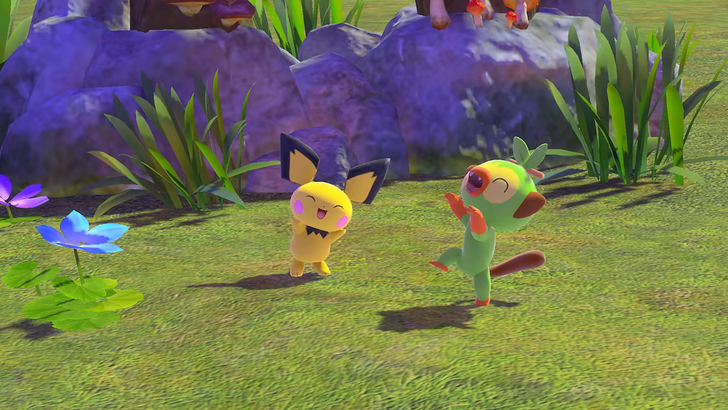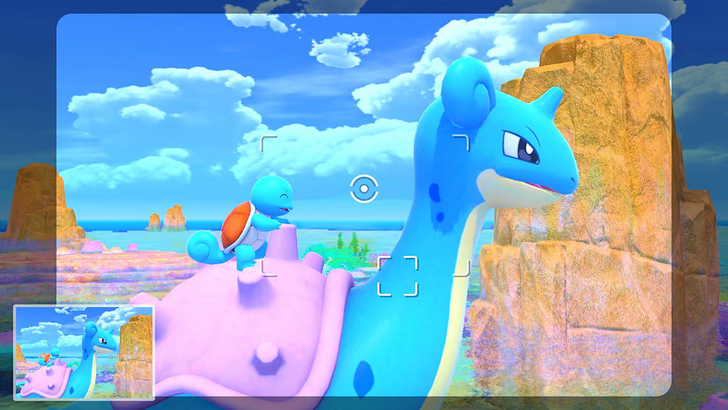Nintendo's momentous entry into the Chinese market begins with New Pokémon Snap. This article explores the historical significance of this launch, the upcoming Nintendo releases in China, and the unexpected legacy of Pokémon in the region.

A Historic Pokémon Debut in China
The July 16th release of New Pokémon Snap marks a pivotal moment. It's the first officially released Pokémon game in China since the country's video game console ban, initially implemented in 2000 and later lifted in 2015. This ban, stemming from concerns about the negative impact of consoles on children's development, effectively kept Pokémon out of the Chinese market for years. This launch signals a significant shift for Nintendo and its Chinese fanbase.

Nintendo's strategic partnership with Tencent, established in 2019 to bring the Nintendo Switch to China, paved the way for this release. New Pokémon Snap represents a major step in Nintendo's ambitious plan to penetrate the vast and lucrative Chinese gaming market. This is part of a broader strategy involving several other high-profile game launches.
Upcoming Nintendo Titles in China

Following New Pokémon Snap, Nintendo plans to release a range of titles in China, including:
- Super Mario 3D World + Bowser’s Fury
- Pokémon Let’s Go, Eevee and Pikachu
- The Legend of Zelda: Breath of the Wild
- Immortals Fenyx Rising
- Above Qimen
- Samurai Shodown
This diverse lineup demonstrates Nintendo's commitment to building a strong presence in the Chinese market, leveraging its popular franchises and introducing new titles to Chinese gamers.
Pokémon's Unofficial Chinese Presence

The surprise among many international fans regarding the long-standing console ban highlights the unusual history of Pokémon in China. Despite the ban, a substantial fanbase emerged, with players resorting to unofficial methods like overseas purchases and dealing with counterfeit games and smuggling (as evidenced by a recent incident involving a woman smuggling 350 Nintendo Switch games).
The iQue Player, a unique collaboration between Nintendo and iQue released in the early 2000s, attempted to address rampant piracy by offering a compact Nintendo 64 alternative.

A Reddit user aptly noted the impressive global success of Pokémon despite its absence from the official Chinese market. Nintendo's recent actions signify a decisive shift towards formally engaging this previously untapped market.
The gradual introduction of Pokémon and other Nintendo titles into China marks a significant milestone. The enthusiasm surrounding these releases suggests a bright future for both Nintendo and Chinese gaming enthusiasts.









